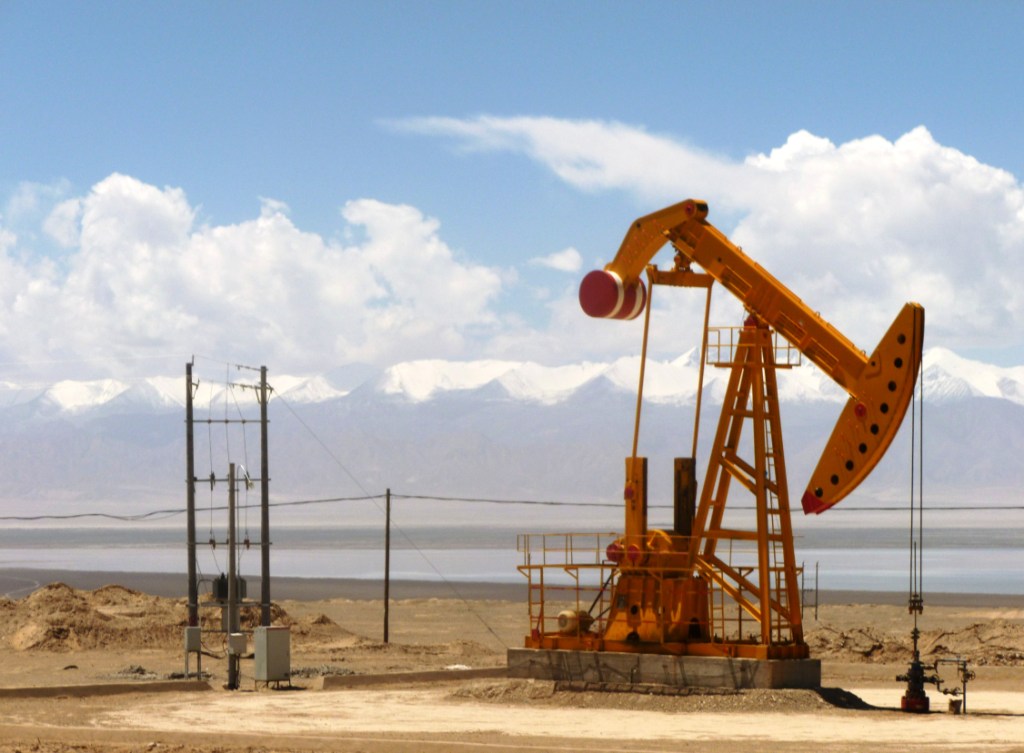Efforts to loosen regulations on the oil industry now underway have met with public approval from fossil-fuel companies.
But while the Trump administration has moved swiftly to create a more friendly regulatory environment for big oil, some executives have urged a slowdown behind the scenes.
That's not for environmental reasons, but due to worries over the possibility of major public backlash should another major incident occur—one akin to the 2010 BP oil spill, perhaps.
DON'T MISS: The oil industry doesn't care about electric cars: here's why
While the industry welcomes relaxation or elimination of Obama-era restrictions on offshore drilling, pipeline permissions, and limits on pollution from hydrofracturing ("fracking"), executives are concerned the deregulation could backfire.
According to a report by Politico, big oil companies are increasingly afraid of the poor image that could be portrayed across the entire industry should a disaster of some sort occur tied to the lifting of environmental controls.
In 2010, BP's Deepwater Horizon oil spill dumped 5 million barrels of oil into the Gulf of Mexico; 11 workers were killed in the drilling-rig explosion that caused it.

Oil well (photo by John Hill)
The largest of oil companies have privately expressed their fear over "too much deregulation," especially after spending million of dollars to comply with Obama-era regulations.
By this point, the oil industry has already spent the money to comply with regulations—meaning executives aren't necessarily thrilled to scrap them all of a sudden.
The regulations also gave larger companies a slight advantage, since smaller firms are still working to catch up on Obama-era regulations.
READ THIS: Renewable energy to hit 9 percent of U.S. total in 2017
Major oil companies also supported the United States remaining in the Paris climate accord, which President Trump said earlier this year the country would exit.
Smaller companies had urged the president to pull out of the agreement.
That exit won't be immediate; the process takes several years.
![Natural gas flaring from oil well [licensed under Creative Commons from Flickr user Sirdle] Natural gas flaring from oil well [licensed under Creative Commons from Flickr user Sirdle]](https://images.hgmsites.net/lrg/natural-gas-being-flared-from-oil-well-licensed-under-creative-commons-from-flickr-user-sirdle_100443858_l.jpg)
Natural gas flaring from oil well [licensed under Creative Commons from Flickr user Sirdle]
The deregulation also comes at a time when many oil companies are starting to prepare for potential peak global demand for oil, followed by several decades of waning sales.
Most analysts agree much of the world's transportation will still be powered by fossil fuels for several decades to come.
CHECK OUT: What Trump's 'Energy Week' policies actually mean
The transition to cars sans fossil fuels will be slow, and oil companies will continue to hold great influence—even as some markets brace for a ban on the sale of new cars powered by fossil fuels.
Whether oil companies go public with the concerns over "too much deregulation" that they apparently now express in private remains to be seen.
_______________________________________












